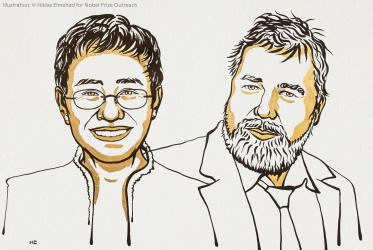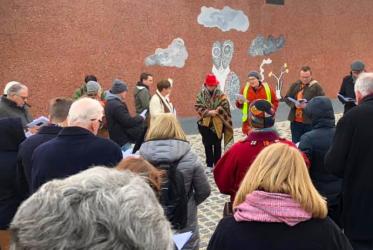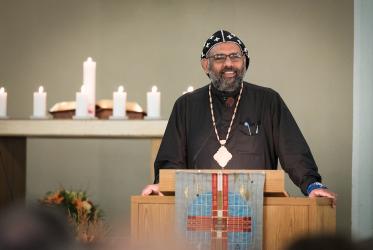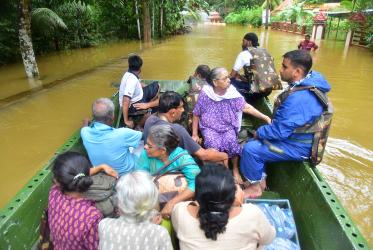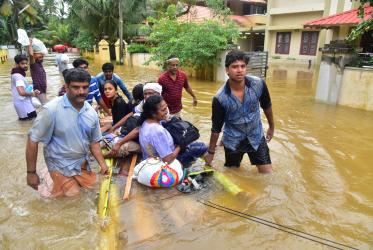Displaying 1 - 20 of 72
WCC congratulates 2021 Nobel Peace Prize laureates
14 October 2021
Le COE félicite les récipiendaires du prix Nobel de la paix 2021
11 October 2021
WCC condemns massacre of farmers in Philippines
12 April 2019
Le COE condamne le massacre de fermiers aux Philippines
12 April 2019
All pilgrim routes lead to COP24
11 December 2018
Metropolitan Zachariah Mar Nicholovos celebrates Silver Jubilee
26 November 2018
Dalit Liberation Sunday empowers grassroots in India
15 October 2018

